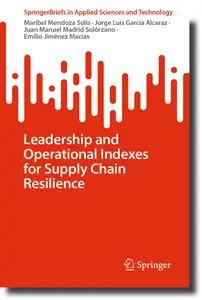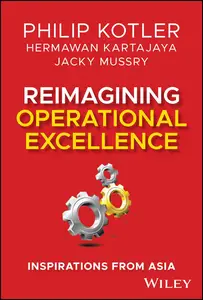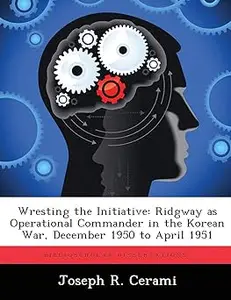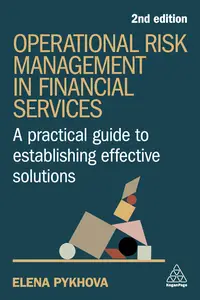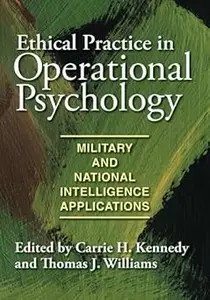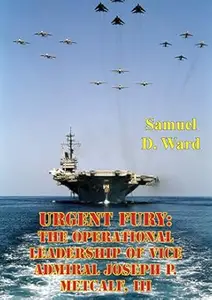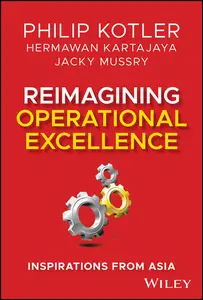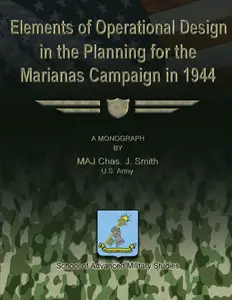 Free Download Elements of Operational Design in the Planning for the Marianas Campaign in 1944 by Maj Chas. J Smith
Free Download Elements of Operational Design in the Planning for the Marianas Campaign in 1944 by Maj Chas. J Smith
English | August 22, 2012 | ISBN: 1479214604 | 60 pages | EPUB | 0.32 Mb
Operational art and the operational level of war became a doctrinal focus for the U.S. Army in the 1980s. This focus led to the development of the elements of operational design. These concepts are not new, and were developed in the interwar period prior to World War II at the staff and war colleges. During this time, however, the military did not doctrinally recognize the operational level or war or operational art. Even though the concepts were not recognized, the intellectual process permeated the officer education system prior to World War II. Clearly, American officers in World War II used something of operational art, including in the planning and execution of the Marianas Campaign. This monograph looks at the question in more detail, by testing the extent to which planners within CENPAC used the elements of operational design in the Marianas Campaign, including end state and objectives, effects, center(s) of gravity, decisive points, direct and indirect action, lines of operation, operational reach, simultaneity and depth, timing and tempo, leverage, balance, anticipation, culmination, and arranging operations. The implication of this study is that as current doctrine evolves, the development, education, and execution of operational concepts in the World War II era continue to be useful.
(more…)
